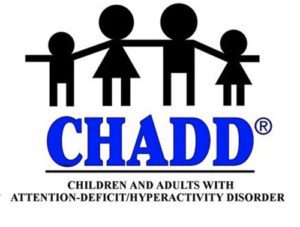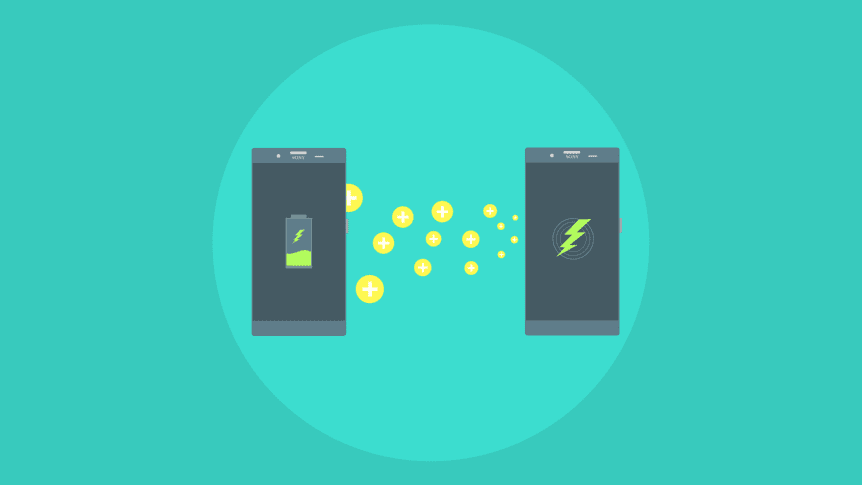Be honest. Does your heart start to race a bit when your cell phone charge gets in the red zone, or the low battery warning comes on? Mine does. We are so dependent on that little device to keep us connected that we may feel ourselves panicking a bit when it starts to run down.
I will challenge you to think about your self-care status as you would your cell phone charge. What happens when your self-care status gets depleted? What can you do to recharge?
What depletes our batteries?
Lack of sleep: A lot of us don’t get enough sleep. According to Sleep Foundation, 35.2% of U.S. adults report sleeping less than seven hours per night on average. If you need an incentive to focus on sleep, check out this TED talk on sleep, and you may be amazed how even an hour of sleep deprivation can drain our batteries. Fun fact, although caffeine may give us an energy boost, it may very well be throwing off our natural sleep cycle.
Poor nutrition and lack of hydration: Sometimes, we turn to sugar or high-carb snacks when our energy gets depleted. Sure, it gives us a quick hit and offers a just-as-speedy crash. However, adequate hydration is necessary to keep our bodies and brains functioning. In addition to other more significant factors, dehydration can cause fatigue, dizziness, or fainting.
Lack of exercise: Exercising is a balancing act. Not exercising zaps our energy; too much exercise also has detrimental effects. According to WebMD, “Overtraining depletes our energy reserves, breaks down muscle, and eventually makes us weaker, not stronger.”
Clutter and disorganization: When our brain has to sift through mountains of stuff to find what we need or spend unplanned time trying to find our keys, physical and mental exhaustion follows. A recent Men’s Health article explains the link between clutter and the stress hormone cortisol. Knowledge is power.
Weak boundaries: Everything we say “yes” to takes precious time away from activities that may replenish our batteries. As people-pleasers, we may say “yes” to things we don’t have time for, don’t know how to do, or we say “yes” because we are making up for past digressions.
Here are ways to combat each energy drain and bring more charge to our self-care battery status.
Lack of sleep: Whenever possible, keep a consistent sleep schedule and routine. Our brains and bodies are very trainable. If we consistently head for bed at 10:30 PM in a cool and darkroom, read for 20 minutes, slip on our sleep masks, and turn off the lights, our brains quickly become trained to the new routine. Consistency is key.
Poor nutrition and lack of hydration: To ensure you provide your body and brain the fuel it needs, have quality, fresh, high protein foods like fresh fruit, lean protein, and yogurt available. For adequate hydration, the most consistent rule of thumb I’ve heard recently is to drink half of your body weight in ounces of hydrating liquids. Water counts; milkshakes don’t.
Lack of exercise: When we exercise, our body releases endorphins, the “feel-good” chemical. If you aren’t presently exercising, check with your doctor before starting any exercise regimen. Start small and find what works for you if you are cleared to go. Take a five-minute walk. Do two sit-ups or 10 jumping jacks. Or, if you are looking for fun, try jumping roping or hula-hooping. Ramp up to higher numbers slowly.
Clutter and disorganization: Your brain is trained to scan the environment for threats. Whatever it sees, it analyzes. The less you see, the less work your brain has. Like exercise, start small. Set aside a few minutes (even 10 minutes a day over time can make a significant impact) a day and do micro-decluttering. Clear off a coffee table or the area around your computer. If there’s an item consistently out of place, make a home for it. For example, if your keys are always on the kitchen counter, install a hook where the keys can consistently hang close to where you exit/enter.
Poor boundaries: Trust your gut when it comes to boundaries. If you get a knot in your stomach before saying “yes,” the safe answer may be “no.” For more information on boundaries, check out my recent blog post, which offers additional thoughts on determining and communicating boundaries and what to do with the ever-present boundary violators.
These are just a few suggestions. Starting today, what can you do to refill your self-care battery?
Cindy Jobs, PCAC, ACC
![]()
Looking for more information?
Click here for ADHD-friendly Time Management Tools
Click here for 15-minute organizing tips.
Click here to schedule a complimentary breakthrough session.
For more helpful information, follow me on Facebook.



Former member:







